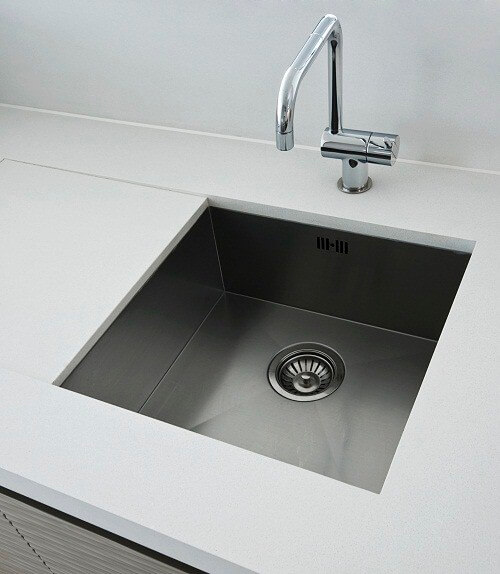 According to a recent study, grease, fat and oil buildups account to approximately 47% of almost 36,000 cases of sewer overflows in the United States. And this figure is not surprising at all. We all have heard our parents or grandparents tell us how we should not pour grease down the drain ever since we were little kids. If you didn’t listen to them, maybe it’s time that you do. Keeping your home’s plumbing system in good condition is among your most important responsibilities as a homeowner. With that being said, you should understand the implications of grease disposal through your sink or toilet drains and by all means avoid doing this bad habit.
According to a recent study, grease, fat and oil buildups account to approximately 47% of almost 36,000 cases of sewer overflows in the United States. And this figure is not surprising at all. We all have heard our parents or grandparents tell us how we should not pour grease down the drain ever since we were little kids. If you didn’t listen to them, maybe it’s time that you do. Keeping your home’s plumbing system in good condition is among your most important responsibilities as a homeowner. With that being said, you should understand the implications of grease disposal through your sink or toilet drains and by all means avoid doing this bad habit.
What Happens When You Pour Grease Down The Sink Drain
You either have your own septic tank at home or your property could be connected to a public sewer. The used oil that you’ll pour down the sink will stick to walls of the drain pipe and accumulate over time thus causing clogs in your plumbing system. In worse cases, the majority of the grease disposed through the drain will flow straight to your septic tank or the public sewer. They will combine with the chemicals present in sewer systems and sooner or later form into large globs of solidified grease. These globs will stick to the walls of the sewer pipes and cause nasty blockages that may result to backups. If you have your own septic tank, the grease accumulation in tank will negatively affect the decomposition of waste materials in the container. The tank may overflow; bacteria and waste substances may contaminate your clean water lines or foul smell and sewage may flow out of your drains.
Signs and Symptoms That Tell Your Drain Is Clogged Up With Grease
There are several signs that you should watch out for. These may include:
- presence of gurgling sounds coming from your drains
- slow-draining sinks and toilets
- foul smell
- recurring clogs
- waste substances backing up
How To Prevent Clogged Sink Grease
It’s not difficult to prevent clogs that result from grease buildups. It’s just a matter of discipline after all. Never ever dispose used oil and other greasy waste substances through your drains. Aside from this, you can follow these valuable tips:
1. Pour hot water into the drain after you use it. After washing your pots and pans or your dirty dishes, run the hot water tap and leave it on for a few minutes.
2. If you have a garbage disposal installed, filter the waste materials that you’ll grind in the machine. Not everything should be ground in there especially the food scraps that are starchy, stringy and greasy.
3. Clean your drains regularly with baking soda and vinegar. These two ingredients are great for unclogging but they are even better as cleaning agents.
4. If you don’t want to use baking soda and vinegar, you can mix a pot of hot water with a cup of a dishwashing gel that has grease-fighting features. Pour the mixture into the drain and let it wash away the grease inside the pipe.
5. To make sure that you won’t deal with stubborn buildups in the end, regularly snake your drain pipe.
We hope that our blog today has shown you how to prevent a clogged sink grease. If problems arise, don’t hesitate to call the most trusted Plumbers 911 plumber. Plumbers 911 provides exceptional drain cleaning services and other plumbing services like septic tank maintenance, leak detection and camera sewer inspection.

